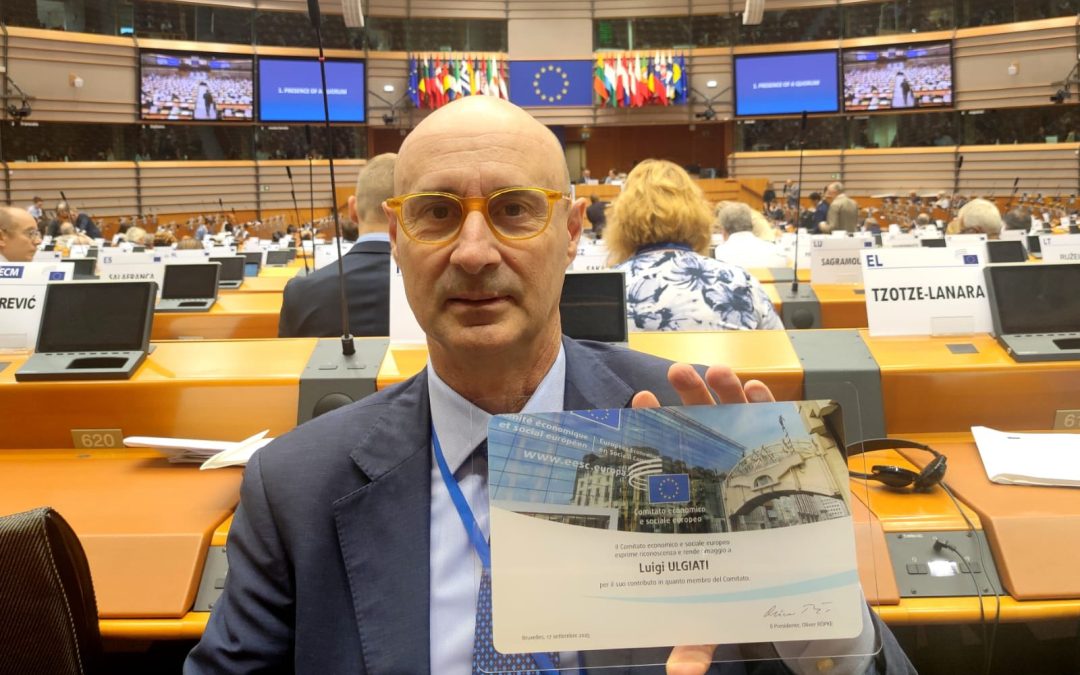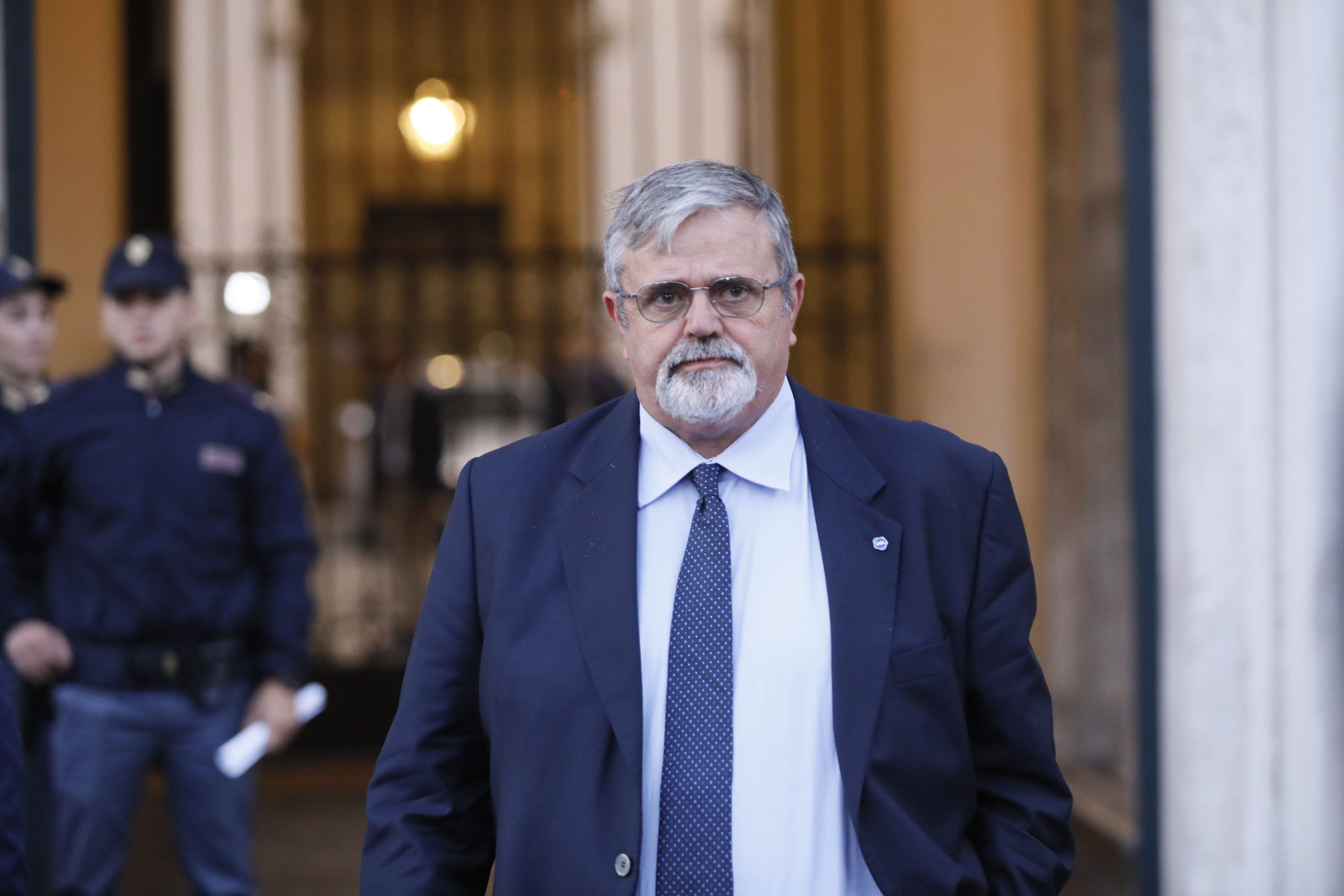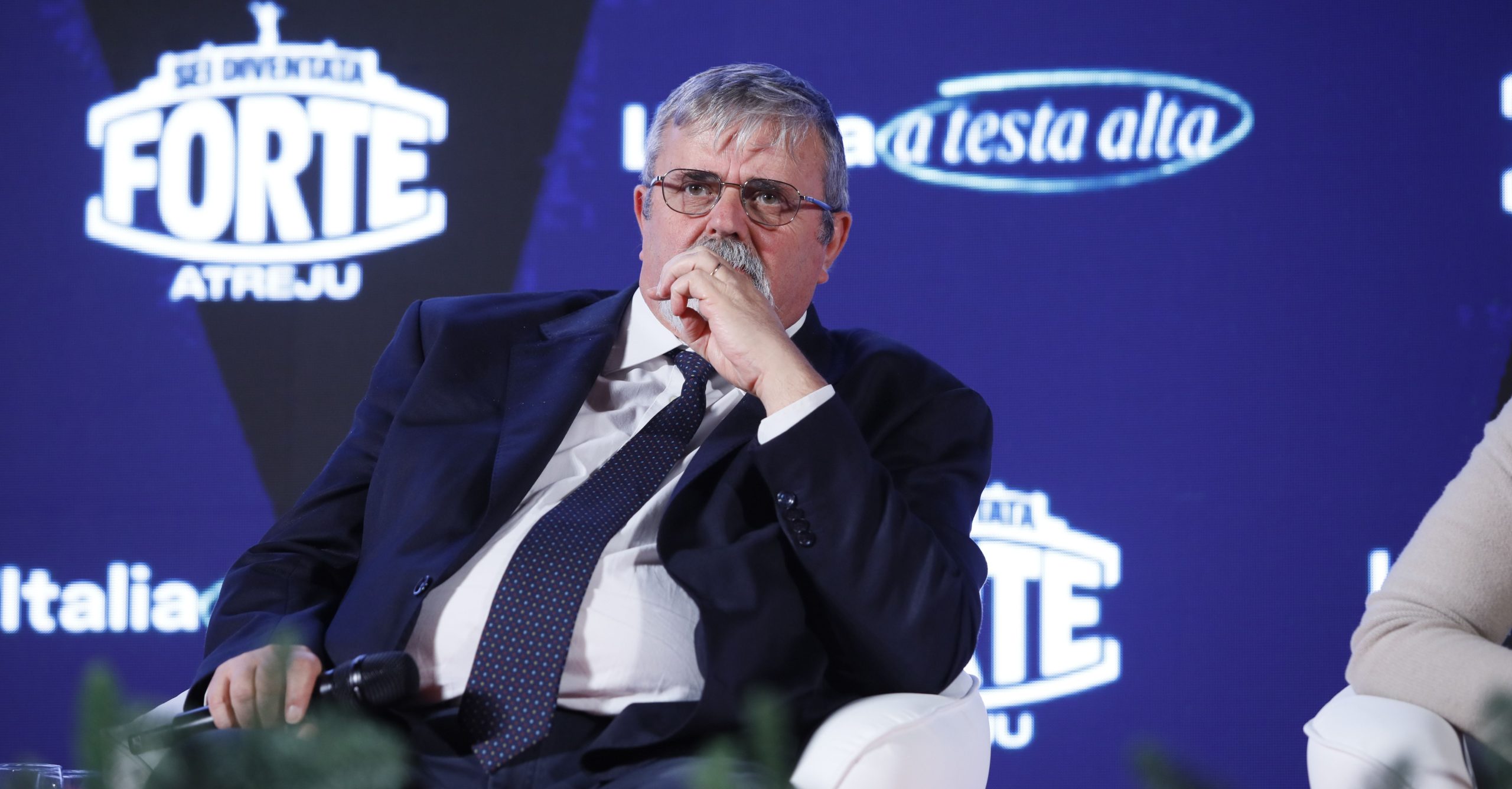IL CESE E LA SESSIONE PLENARIA DI FINE MANDATO
La 599^Sessione Plenaria del Comitato Economico e Sociale Europeo (CESE), che ha avuto luogo a Bruxelles il 17 ed il 18 Settembre, ha visto svolgersi dapprima la Cerimonia di fine mandato, che ha riunito i leader della Ue, la società civile, le voci dei giovani ed i partner internazionali attorno ai risultati ottenuti dal Comitato nel mandato 2023-2025 sotto la Presidenza di Oliver Röpke. Incontri, discorsi programmatici ed omaggi hanno messo in rilievo il ruolo fondamentale del CESE nel rafforzare la democrazia, promuovere la giustizia sociale, sostenere l’allargamento e favorire il dialogo con la società civile organizzata. A seguire poi discussioni inerenti alla Strategia per la resilienza idrica ed a quella per la preparazione alle emergenze, nonché sullo stato di avanzamento del nuovo Patto per il Mediterraneo. Di particolare attualità ed interesse è stato inoltre il dibattito sugli alloggi a prezzi accessibili, con la partecipazione del Commissario europeo per l’energia e gli alloggi, Dan Jørgensen, in relazione all’adozione del Parere TEN/848, richiesto dalla Presidenza danese del Consiglio UE, dal titolo “Per un piano europeo per gli alloggi accessibili – il contributo della società civile”. In merito, il Consigliere Ulgiati ha fatto presente come l’alloggio sia un tema molto delicato che riguarda milioni di cittadini europei, in particolare i giovani, che purtroppo non riescono ad avere accesso a questo bene, assolutamente essenziale. Nel corso della Plenaria, in aggiunta, è stata approvata la Risoluzione “Difendere i valori dell’UE e rafforzarne il futuro nel nuovo ordine geopolitico”, nella quale è stato rilevato il segno di una nuova realtà geopolitica guidata dal nazionalismo e dall’autoritarismo, con la guerra in atto della Russia in Ucraina ed i cambiamenti nel governo statunitense e sottolineato il tramonto, ormai, dell’era del commercio globale e dei mercati aperti. Il CESE raccomanda che la UE si trasformi in un’Unione della sicurezza, consegua un’autonomia strategica resiliente e rafforzi la sua competitività economica globale, potenziando la coesione sociale e distribuendo equamente la ricchezza. Nel suo intervento Ulgiati ha inoltre espresso l’auspicio che «anche nei prossimi cinque anni il CESE, organismo che rappresenta l’intera società civile in modo sano e democratico, metta in campo tutti quei meccanismi che sono la più alta espressione di democrazia ed evitano al contempo di lasciare indietro qualcuno».
UE, DRAGHI A BRUXELLES SFERZA L’EUROPA
«Il nostro modello di crescita sta svanendo. L’inazione minaccia la sovranità e la competitività economica» ha dichiarato l’ex Presidente del Consiglio ed ex Presidente della BCE, Mario Draghi, alla Conferenza di alto livello, tenutasi pochi giorni fa, nella Capitale d’Europa, ad un anno esatto dal suo Rapporto sulla competitività europea. Draghi non ha nascosto la sua delusione nel notare come la Commissione Europea non abbia raggiunto gran parte degli obiettivi individuati nelle sue 383 raccomandazioni (soltanto l’11% – 43 misure – secondo il think tank European Policy Innovation Council). In parallelo, i dati Eurostat mostrano che nel secondo trimestre del 2025 l’economia statunitense è cresciuta otto volte più rapidamente di quella europea. «Le fondamenta della crescita europea si sono ulteriormente indebolite» ha affermato l’ex Premier italiano, puntando il dito contro la politica commerciale adottata dagli Stati Uniti e dal suo Presidente Donald Trump ed evidenziando la concorrenza economica rappresentata da Pechino, con cui è presente un palese squilibrio commerciale. Sul fronte tecnologico Draghi ha chiesto una vera svolta, invocando una semplificazione radicale del Gdpr, che oggi aumenta i costi delle imprese europee e frena lo sviluppo dell’intelligenza artificiale, ed una revisione dell’AI Act, con la sospensione della seconda fase per i sistemi ad alto rischio, finché non saranno meglio conosciuti gli effetti. Seppur riconoscendo «qualche segno di cambiamento» l’ex capo della BCE ha rimarcato come ci sia «grande frustrazione» tra cittadini ed imprese «delusi dalla lentezza con cui si muove la Ue», sollecitando una profonda trasformazione che porti a conseguire risultati entro mesi e non anni. L’invito finale, in conclusione, è stato ad essere uniti perché «solo unità di intenti ed urgenza nelle risposte dimostreranno che l’Europa è pronta a misurarsi con tempi straordinari attraverso azioni straordinarie».
EN
THE EESC AND THE END-OF-TERM PLENARY SESSION
The 599th Plenary Session of the European Economic and Social Committee (EESC), which took place in Brussels on the 17th and 18th of September, began with the end-of-term ceremony, which brought together EU leaders, civil society, young people’s voices and international partners around the results achieved by the Committee during the 2023-2025 term under the Presidency of Oliver Röpke. Meetings, policy speeches and tributes highlighted the EESC’s key role in strengthening democracy, promoting social justice, supporting enlargement and fostering dialogue with organised civil society. This was followed by discussions on the Water Resilience Strategy and the Emergency Preparedness Strategy, as well as on the progress of the new Mediterranean Pact. Of particular relevance and interest was the debate on affordable housing, with the participation of European Commissioner for Energy and Housing Dan Jørgensen, in relation to the adoption of the Opinion TEN/848, requested by the Danish Presidency of the EU Council, entitled “Towards a European plan for affordable housing – the contribution of civil society”. In this regard, Councillor Ulgiati pointed out that housing is a very sensitive issue affecting millions of European citizens, particularly young people, who unfortunately do not have access to this asset, which is absolutely essential. During the Plenary Session, the Resolution “Defending EU values and strengthening its future in the new geopolitical order” was also approved, which noted the emergence of a new geopolitical reality driven by nationalism and authoritarianism, with Russia’s ongoing war in Ukraine and changes in the US government, and emphasised the decline of the era of global trade and open markets. The EESC recommends that the EU transform itself into a security union, achieve resilient strategic autonomy and strengthen its global economic competitiveness by enhancing social cohesion and distributing wealth equitably. In his speech, Mr Ulgiati also expressed the hope that «over the next five years, the EESC, a body that represents civil society as a whole in a healthy and democratic way, will continue to implement all those mechanisms that are the highest expression of democracy and at the same time ensure that no one is left behind».
EU, DRAGHI LASHS OUT AT EUROPE IN BRUSSELS
«Our growth model is fading. Inaction threatens sovereignty and economic competitiveness» said former Prime Minister and former ECB President Mario Draghi at the high-level conference held a few days ago in the Capital of Europe, exactly one year after his Report on European competitiveness. Draghi did not hide his disappointment in noting that the European Commission had not achieved most of the objectives identified in his 383 recommendations (only 11% – 43 measures – according to the think tank European Policy Innovation Council). At the same time, Eurostat data show that in the second quarter of 2025, the US economy grew eight times faster than the European economy. «The foundations of European growth have been further weakened» said the former Italian Prime Minister, pointing the finger at the trade policy adopted by the United States and its President Donald Trump and highlighting the economic competition represented by Beijing, with which there is a clear trade imbalance. On the technological front, Draghi called for a real change, calling for a radical simplification of the GDPR, which today increases costs for European companies and slows down the development of artificial intelligence, and a revision of the AI Act, with the suspension of the second phase for high-risk systems until the effects are better understood. While acknowledging «some signs of change», the former ECB chief pointed out that there is «great frustration» among citizens and businesses «disappointed by the slow pace of the EU», calling for a profound transformation that will deliver results within months rather than years. In conclusion, the final call was for unity because «only unity of purpose and urgency in responding will demonstrate that Europe is ready to face extraordinary times with extraordinary actions».
UGL NEWS dall'EUROPA n. 142 del 19 Settembre 2025EN - UGL NEWS from EUROPE n. 142 - 19th of September 2025 -



